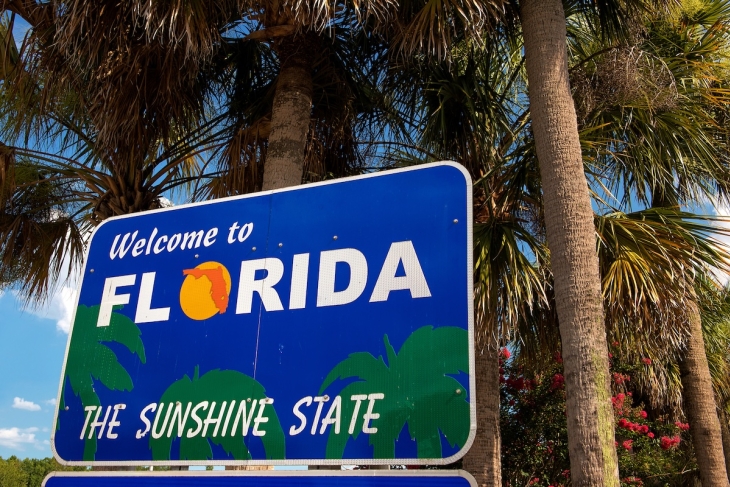Around the turn of the millennium, Florida was widely regarded as a pace-setter in education reform. Led by then-Governor Jeb Bush, the Sunshine State implemented an outcomes-driven agenda focused on prioritizing literacy, holding schools accountable, and expanding school choice, among other agenda items.
The success of these reforms garnered national attention, with significant gains seen in student performance, especially for historically underserved groups. As Fordham’s Mike Petrilli pointed out a few years ago, “from the late 1990s until 2017, the reading performance of Black fourth-graders in Florida skyrocketed 26 points—equivalent to more than two grade levels worth of progress.” Similar improvements were observed for Hispanic and low-income students, with eighth-grade math scores also showing remarkable progress.
Yet there hasn’t been much talk about Florida in recent years, at least not regarding K–12 education. The spotlight has shifted to other states, particularly Mississippi, whose remarkable progress in literacy on the National Assessment of Educational Progress (NAEP) captivated the attention of reform enthusiasts. But a new paper published by AEI’s Conservative Education Reform Network (CERN), Grading Florida’s Schools: A for Achievement and Return on Investment, suggests that even as ed reform’s attention was diverted elsewhere, Florida has kept its eye on the ball and delivered good results. “Thanks to minimal shifts in party control in the nearly eighteen years since Bush left office,” authors Kathryn Perkins, Paul Powell, and Jeff Wasbes write, “there has been sustained gubernatorial involvement and a through line to policy in Florida’s education space.”
That constancy has paid handsome dividends. Florida was one of only five states where NAEP scores for fourth-grade reading did not decline during the Covid years, i.e., between 2019 and 2022. Over that same time period, the authors note, no other state matched Florida’s NAEP results in fourth-grade math among students eligible for free lunch. But perhaps most significantly, Florida ranks third nationally in fourth-grade reading performance while having the third-lowest spending per pupil. “It’s roughly $11,000-per-pupil expenditure places it in the bottom three nationally when adjusted to an equalized dollar across the fifty states,” the authors note, making Florida’s per-pupil expenditure “three times smaller than the top spender’s (New York’s) budget.” The two states whose reading results most closely mirror Florida, Wyoming, and Massachusetts, spend nearly twice as much per student as the Sunshine State. Math results are no less brag-worthy: Socioeconomically disadvantaged kids in Florida topped the nation in 2019 and 2022 NAEP, note the trio of authors, who are associated with the Florida Charter Institute.
Florida’s strong performance and bang for its education buck have been hiding in plain sight and arguably underappreciated for a while now. In his 2019 analysis, Petrilli described the state’s return on investment as “off the charts,” while noting the state “kept spending per pupil flat as a pancake, actually inching downward from $9,765 per pupil in 1990 to $9,724 in 2016 in inflation-adjusted dollars.” Five years later on it’s still true. “Many states’ education focus areas fall victim to the pendulum swing brought about by party shifts,” notes Perkins, Powell, and Wasbes, but Florida’s comparative outcomes and thrift “offers a real case study of education-engaged politicians building and sustaining a coherent legislative agenda.”
The trio shrewdly note that cohort analyses of 2022 fourth graders will be an important test of whether Florida’s results hold up as those students hit eighth and twelfth grades. But even now, they conclude, Florida's outsized growth and success in elementary grades, especially relative to its spending, “make it an important national study for serving students and maximizing taxpayer dollars.”
“In a moment when education reform has come up against new and significant hurdles,” they conclude, “Florida’s results are promising. We should be talking about them.”




